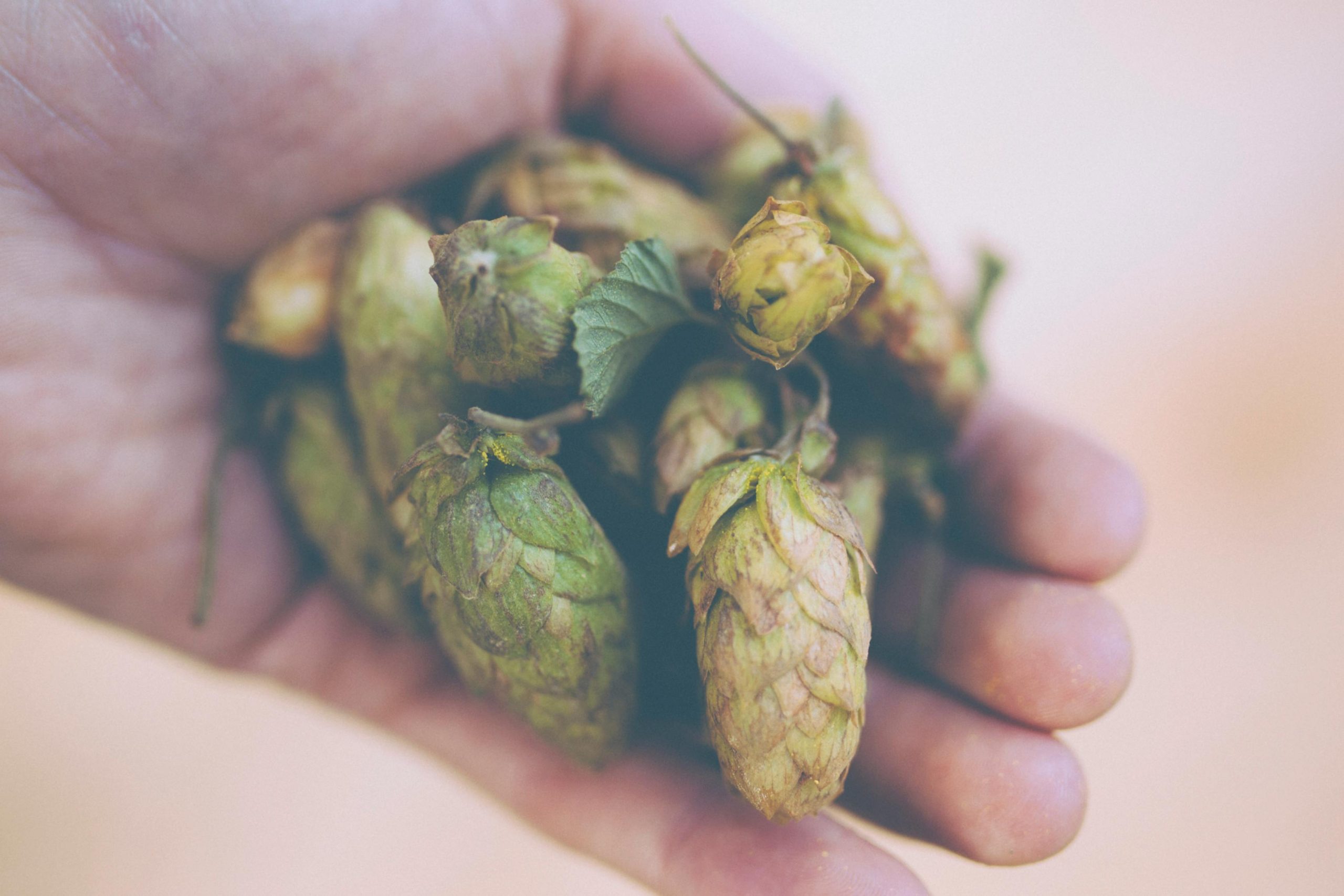Your cart is currently empty!

Steven Coulson
Steven has been drinking beers, wines and spirits for decades and has a propensity to go about them at length after a few drinks.
Latest Posts
- My wife found out our favorite Gin for martinis was discontinued. I think we are good for a while…

- Oregon Road Trip: Freeland Spirits Garden Botanicals Gin

- Botanist with Trader Joe’s Lemon and Elderflower Soda

- I’m one of the worlds leading buyers of craft gin in the world and a international spirit judge AMA

- I’m blown away…. By how let down I am by this Gin.

Categories
Tags
Social Links

The Psychoactive Potential of Hops: An Exploration
When it comes to the world of craft beer, the conversation around hops is often passionate and varied. Personally, I’ve found my experience with different types of IPAs to be quite fascinating, particularly regarding their effects. While some may dismiss the idea, I firmly believe that hops have psychoactive properties worth discussing.
Not too long ago, I shared my thoughts on how India Pale Ales (IPAs) with notably high International Bitterness Units (IBUs) resonate with me more than those with a more subdued hop presence. The feedback I received was mixed; some echoed my sentiments, while others attributed the effects to the higher alcohol content found in these brews.
To gain a deeper understanding, I’ve conducted some experiments with various styles of IPAs. Take “Cold” IPAs, for instance—they feature fewer hops yet maintain comparable alcohol by volume (ABV) levels to traditional West Coast IPAs. On the other hand, Imperial IPAs come with an impressive ABV yet often lack the hop intensity that I crave. Interestingly, the classic West Coast IPA, with its well-balanced ABV and hop profile, consistently hits the sweet spot for me.
What intrigues me most is the distinct sensation that follows consuming hoppy beers. It feels markedly different from a standard alcohol buzz; instead, it tends to be more cerebral and energizing. This leads me to speculate that hops may indeed exhibit psychoactive characteristics under certain conditions.
Perhaps the brewing process facilitates the bioavailability of certain compounds in hops, or maybe the alcohol interacts synergistically to enhance these effects. There’s also the possibility that alcohol could aid in transporting specific hop compounds across the blood-brain barrier, resulting in that euphoric feeling I often experience.
Importantly, I’m not dealing with any sensitivity to hops. I don’t experience any negative side effects like itching or hives—just pure euphoria.
This raises an intriguing question: Why have hops held such a prominent place in brewing history? While beer has existed for centuries, hops were not initially used in all recipes. However, once the benefits of hops were discovered, their dominance in the brewing world became widely accepted. This ubiquity suggests that they serve a greater purpose beyond mere flavor enhancement.
As we continue to explore the relationship between hops and the sensations they impart, perhaps we’ll uncover more about this fascinating aspect of brewing. The world of craft beer is rich with possibilities, and it seems that hops
